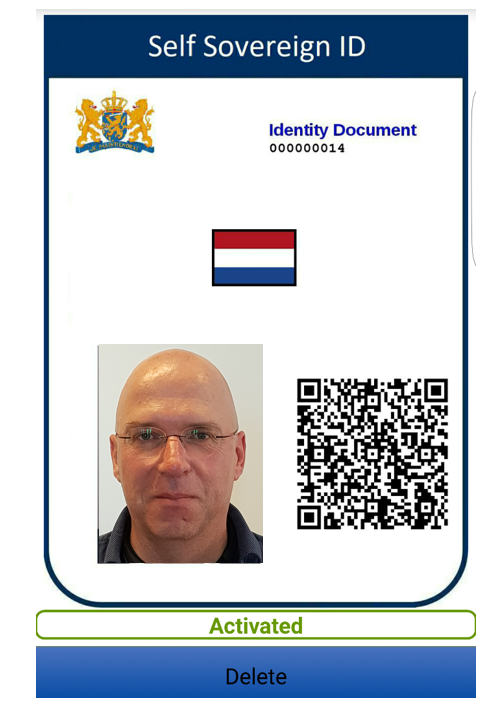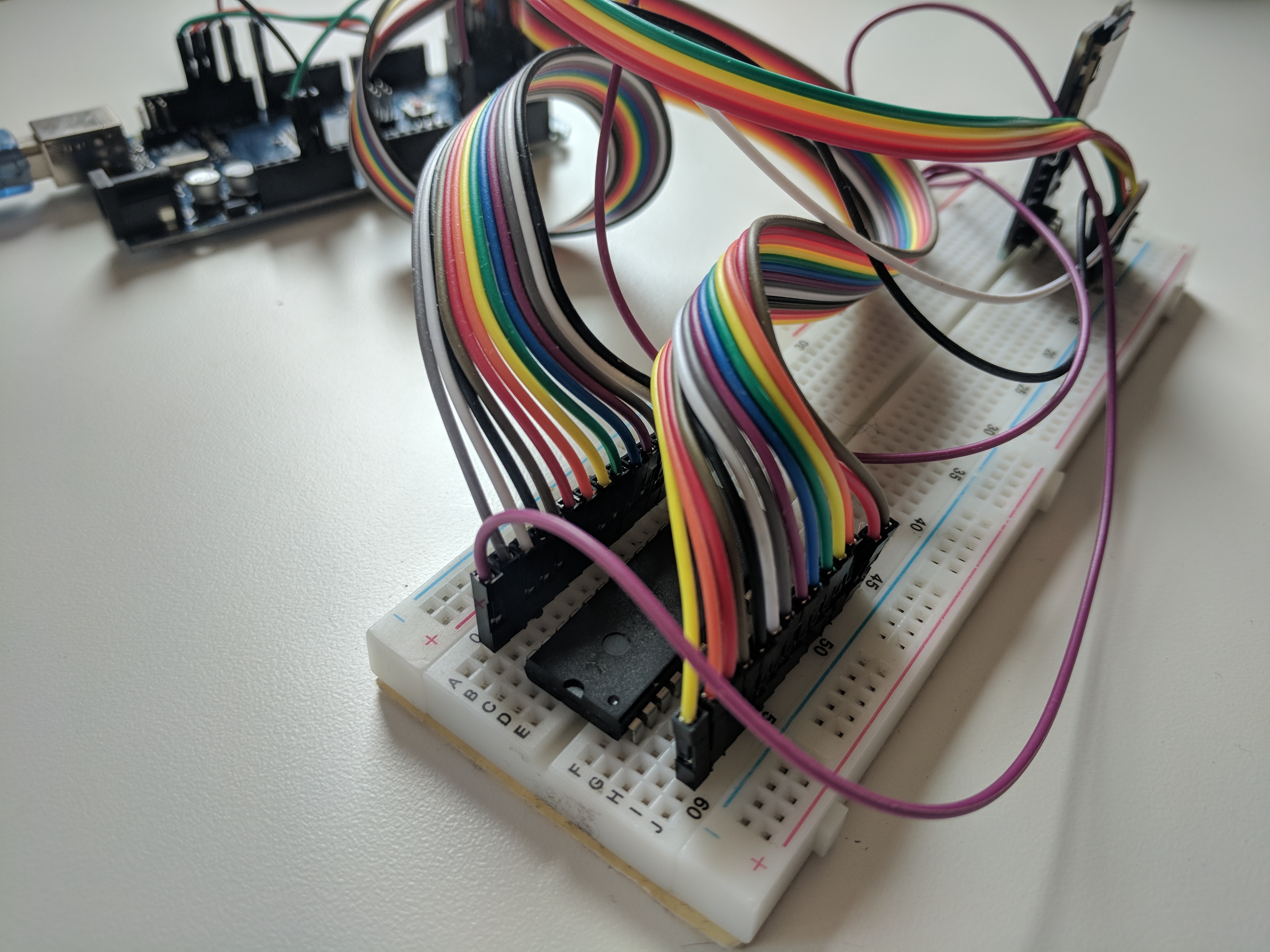We put your digital identity in your smartphone. We have created an "identity wallet" or "digital passport" for your smartphone. What you keep in our “important drawer” at home is under your full control, such as passports, birth certificates, utility bills. We aim to offer the same control, privacy and security on your smartphone. Our open source based infrastructure centers on people and enables a whole new ecosystem to flourish.
The Netherlands is the first country in the world to experiment with self-sovereign identity. The state should provide a digital identity infrastructure as a principle of constitutional law. Delft University of Technology and the government are ready to conduct the first small-scale tests with real citizens. This technology is not yet ready to be widely available. In 2018 citizens in selected municipalities can request this new blockchain-based identity. It does not require a plastic card, just your smartphone. We envision that one day this technology can be used for opening a bank account, boarding your flight, or creating a startup. However, that remains the future. This is applying the latest technology for security: the blockchain. Scientists at Delft University of Technology have been studying ledger technology and blockchains for over 10 years. Our IETF Internet Standard draft of Trustchain will be used for this trial.

